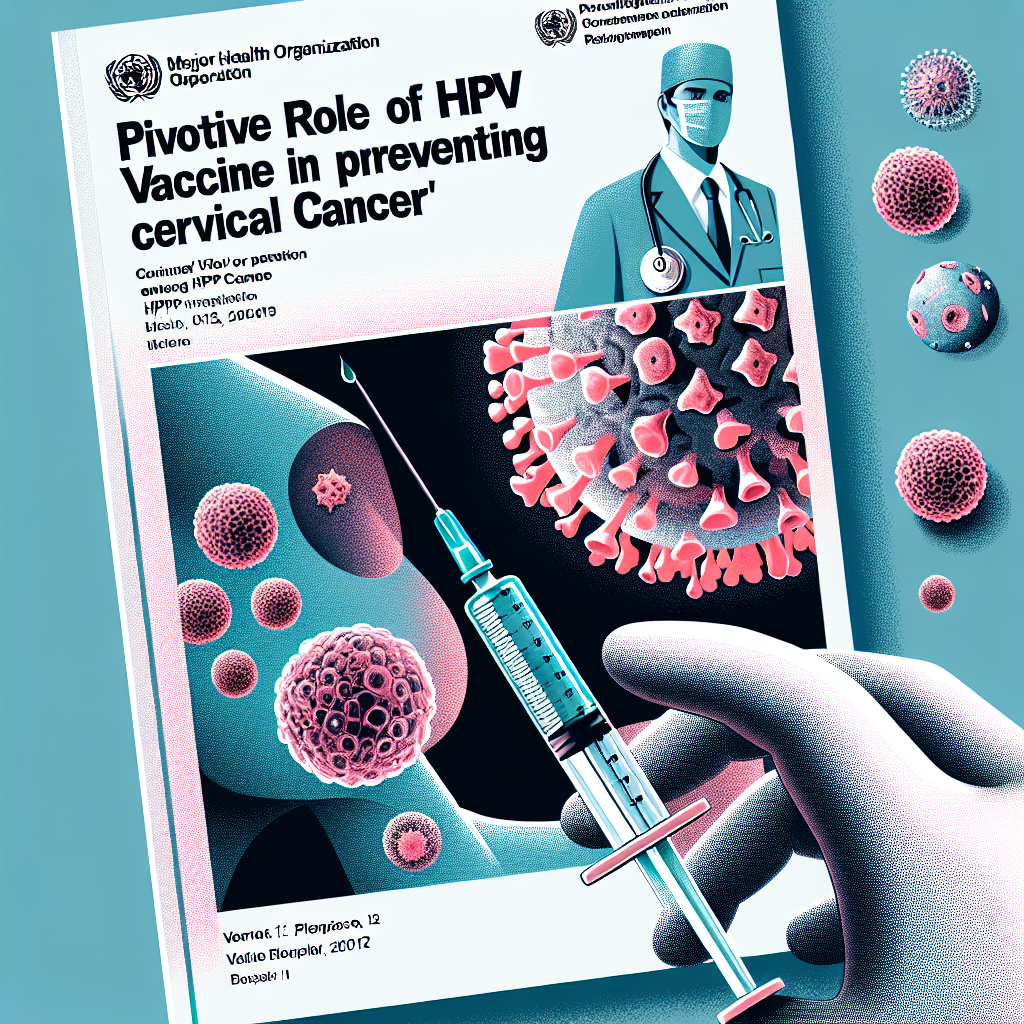CDC Report Strengthens Evidence of HPV Vaccine’s Role in Preventing Cervical Cancer
CDC Report Strengthens Evidence of HPV Vaccine’s Role in Preventing Cervical Cancer
Introduction
The Centers for Disease Control and Prevention (CDC) has released a comprehensive report that reinforces the critical role of the Human Papillomavirus (HPV) vaccine in reducing the incidence of cervical cancer. This report provides compelling evidence supporting the vaccine’s effectiveness and underscores its importance in public health strategies.
Key Findings
- Significant Reduction in Cervical Cancer Rates: The report highlights a marked decrease in cervical cancer cases among vaccinated populations, demonstrating the vaccine’s protective benefits.
- Long-term Efficacy: Data indicates that the HPV vaccine offers long-lasting protection, significantly lowering the risk of developing cervical cancer over time.
- Wider Public Health Impact: The findings suggest that increased vaccination rates could lead to a substantial decline in cervical cancer cases nationwide.
Implications for Public Health
The CDC’s report emphasizes the need for continued efforts to promote HPV vaccination, particularly among young populations. By increasing vaccine uptake, public health officials aim to further reduce cervical cancer rates and improve overall health outcomes.
Challenges and Considerations
- Vaccine Hesitancy: Despite the proven benefits, vaccine hesitancy remains a barrier, necessitating targeted education and outreach efforts.
- Access and Equity: Ensuring equitable access to the HPV vaccine is crucial, particularly in underserved communities where cervical cancer rates are higher.
Conclusion
The CDC’s report provides robust evidence of the HPV vaccine’s effectiveness in preventing cervical cancer, highlighting its vital role in public health. By addressing challenges such as vaccine hesitancy and access, health officials can enhance vaccination efforts and further reduce the burden of cervical cancer.



































